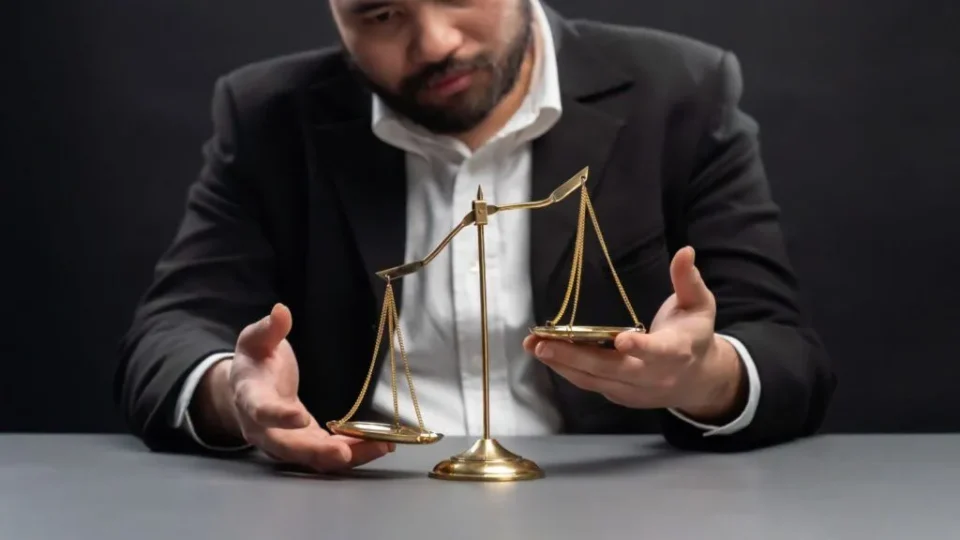Property-related accidents can happen anywhere—from slipping on a wet floor in a grocery store to falling down poorly maintained stairs in an apartment building. When these incidents occur due to unsafe conditions on someone else’s property, the legal concept of premises liability comes into play. For Atlanta residents, understanding when and how property owners can be held responsible for injuries is crucial knowledge that could prove invaluable if an accident occurs.
What Is Premises Liability?
Premises liability is a legal doctrine that holds property owners and occupiers responsible for injuries that occur on their property due to unsafe or dangerous conditions. This area of law recognizes that people who invite others onto their property—whether for business purposes or social visits—have a duty to maintain reasonably safe conditions.
In Georgia, premises liability cases are governed by specific state laws that determine when property owners can be held liable for accidents. The key principle is that property owners must exercise reasonable care to keep their premises safe for visitors, but the extent of this duty depends on why the person was on the property in the first place.
Understanding Visitor Classifications in Georgia Law
Georgia law categorizes people who enter property into three distinct groups, each receiving different levels of legal protection:
Invitees
Invitees are individuals who enter property for the mutual benefit of both themselves and the property owner. This category includes customers in stores, patients in medical offices, and guests at hotels. Property owners owe invitees the highest duty of care, which includes regularly inspecting the property for hazards and either fixing dangerous conditions or providing adequate warnings.
Licensees
Licensees are people who enter property with the owner’s permission but primarily for their own benefit. Social guests visiting a friend’s home typically fall into this category. Property owners must warn licensees of known dangers but are not required to inspect the property for hidden hazards.
Trespasser
Trespassers enter property without permission. Generally, property owners owe trespassers no duty of care, except they cannot intentionally harm them. However, special rules apply when trespassers are children, particularly regarding attractive nuisances like swimming pools or playground equipment.
Common Types of Premises Liability Cases in Atlanta
Atlanta’s diverse urban landscape creates various scenarios where premises liability issues can arise. Understanding these common situations helps residents recognize when they might have a valid legal claim.
Slip and Fall Accidents
These represent the most frequent type of premises liability case. Common causes include wet floors without warning signs, uneven pavement, poor lighting, or debris left in walkways. In commercial settings like shopping centers or restaurants, property owners must regularly inspect for spills and other hazards.
Inadequate Security
Property owners may be liable for injuries resulting from criminal acts if they failed to provide reasonable security measures. This is particularly relevant in apartment complexes, parking garages, and businesses in areas with known crime problems. Factors considered include lighting quality, security camera presence, and access control measures.
Structural Defects
Poorly maintained buildings can create dangerous conditions such as broken stairs, defective railings, or unstable flooring. Property owners are responsible for maintaining their buildings in safe condition and addressing known structural problems promptly.
Swimming Pool Accidents
Pool-related incidents often involve children and can result in serious injuries or drowning. Georgia law requires pool owners to take specific safety measures, including proper fencing and gate latches, to prevent unauthorized access.
Proving a Premises Liability Case
Successfully pursuing a premises liability claim requires proving several key elements. The injured party must demonstrate that the property owner had actual or constructive knowledge of the dangerous condition. Constructive knowledge means the hazard existed long enough that a reasonable property owner should have discovered it through regular inspection.
Additionally, the injured person must show that the property owner failed to take reasonable steps to address the danger, either by fixing the problem or providing adequate warning. The injury must be directly caused by the dangerous condition, not by the victim’s own carelessness or unforeseeable circumstances.
Georgia follows a comparative negligence rule, meaning that if the injured person bears some responsibility for the accident, their compensation will be reduced proportionally. If they are found to be 50% or more at fault, they cannot recover any damages.
When to Consult a Premises Liability Attorney in Atlanta
While minor injuries might not warrant legal action, certain circumstances suggest the need for professional legal guidance. Complex cases involving severe injuries, disputed liability, or uncooperative insurance companies benefit from experienced legal representation.
A qualified premises liability attorney in Atlanta can evaluate the strength of your case, gather necessary evidence, and negotiate with insurance companies. They understand Georgia’s specific laws and can navigate the complexities of proving liability while ensuring all deadlines are met.
Time limitations are critical in premises liability cases. Georgia’s statute of limitations generally allows two years from the date of injury to file a lawsuit, making prompt action essential for preserving your rights.
Key Takeaways
Premises liability law protects individuals from injuries caused by unsafe property conditions, but the level of protection depends on the visitor’s legal status and the property owner’s knowledge of hazards. Understanding these principles helps Atlanta residents recognize when they might have valid legal claims and when professional legal assistance could be beneficial.
Property owners have varying duties of care depending on whether visitors are invitees, licensees, or trespassers. Successful premises liability cases require proving the owner knew or should have known about dangerous conditions and failed to take reasonable corrective action. Given the complexity of these cases and Georgia’s specific legal requirements, consulting with experienced legal counsel often proves essential for protecting your rights and securing fair compensation.

